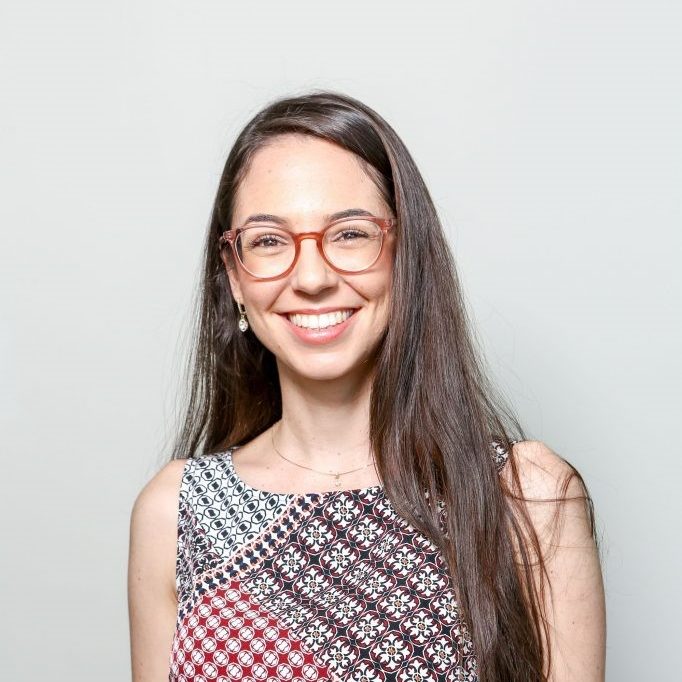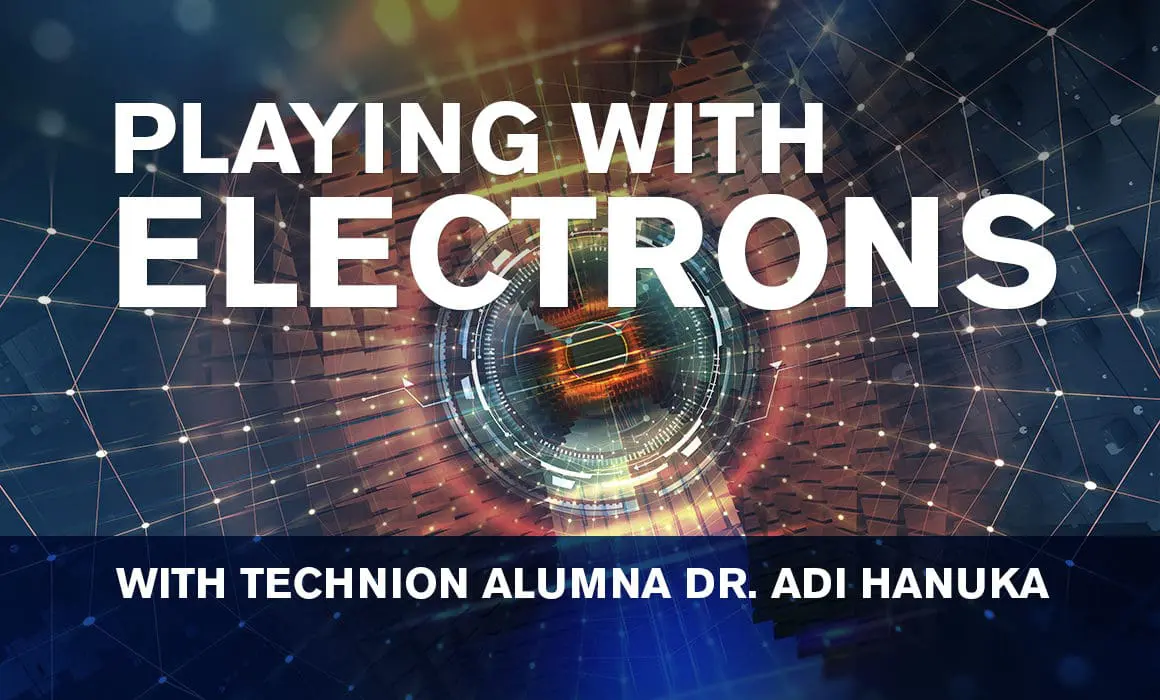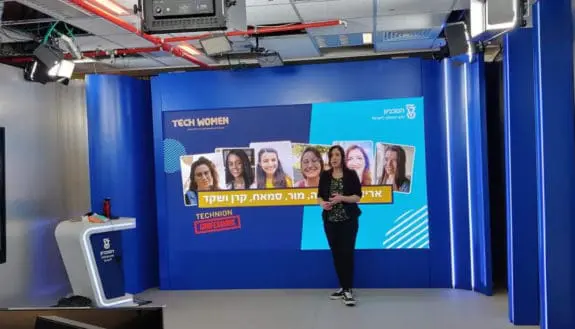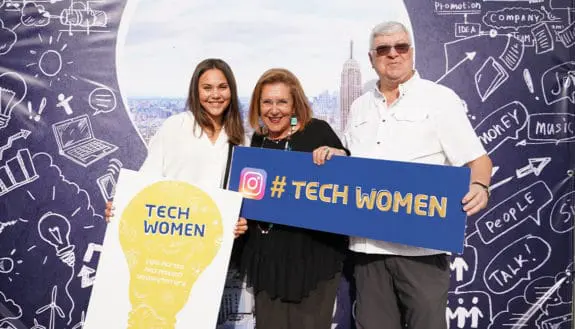Adi Hanuka works at the intersection of physics and machine learning, focusing on how machine learning can build better physical systems and how physics can help build better machine learning algorithms. She joined Eikon Therapeutics in May 2021 with the aim of using artificial intelligence to develop new drugs.
Previously, she was a research scientist at the Department of Energy’s Stanford Linear Accelerator Center (SLAC), where she pioneered machine learning techniques for particle accelerators — powerful machines with applications ranging from fundamental physics experiments to radiation therapy for cancer. In one project, she demonstrated how to optimize the performance of particle accelerators by teaching the algorithms the basic physics principles behind accelerator operations – no prior data needed. This algorithm reduced the tuning time by three times.
At the Technion, Hanuka distinguished her as a stellar academic, an entrepreneur, and an advocate for women in science. She earned her bachelor’s degree summa cum laude in 2013 while participating in both the Chais Excellence Program and the Electrical Engineering Excellence Program. Along the way, she invented an eyelid motion monitor to diagnose eye and neurological diseases. And as a Ph.D. candidate, she was already collaborating with SLAC to develop accelerator-on-chip technology.
Hanuka was named to the Forbes’ Israel “30 under 30” list of promising young scientists and has won numerous awards including the Rothschild Fellowship, the Schmidt Award, the Rapapport Prize for Excellence in the Field of Biomedical Science, and the Muriel and David Jacknow Award for Excellence in Teaching (top 5 teachers at Technion), the Ariane de Rothschild Scholarship, and the Bi-National Science Foundation grant for young scientists.





